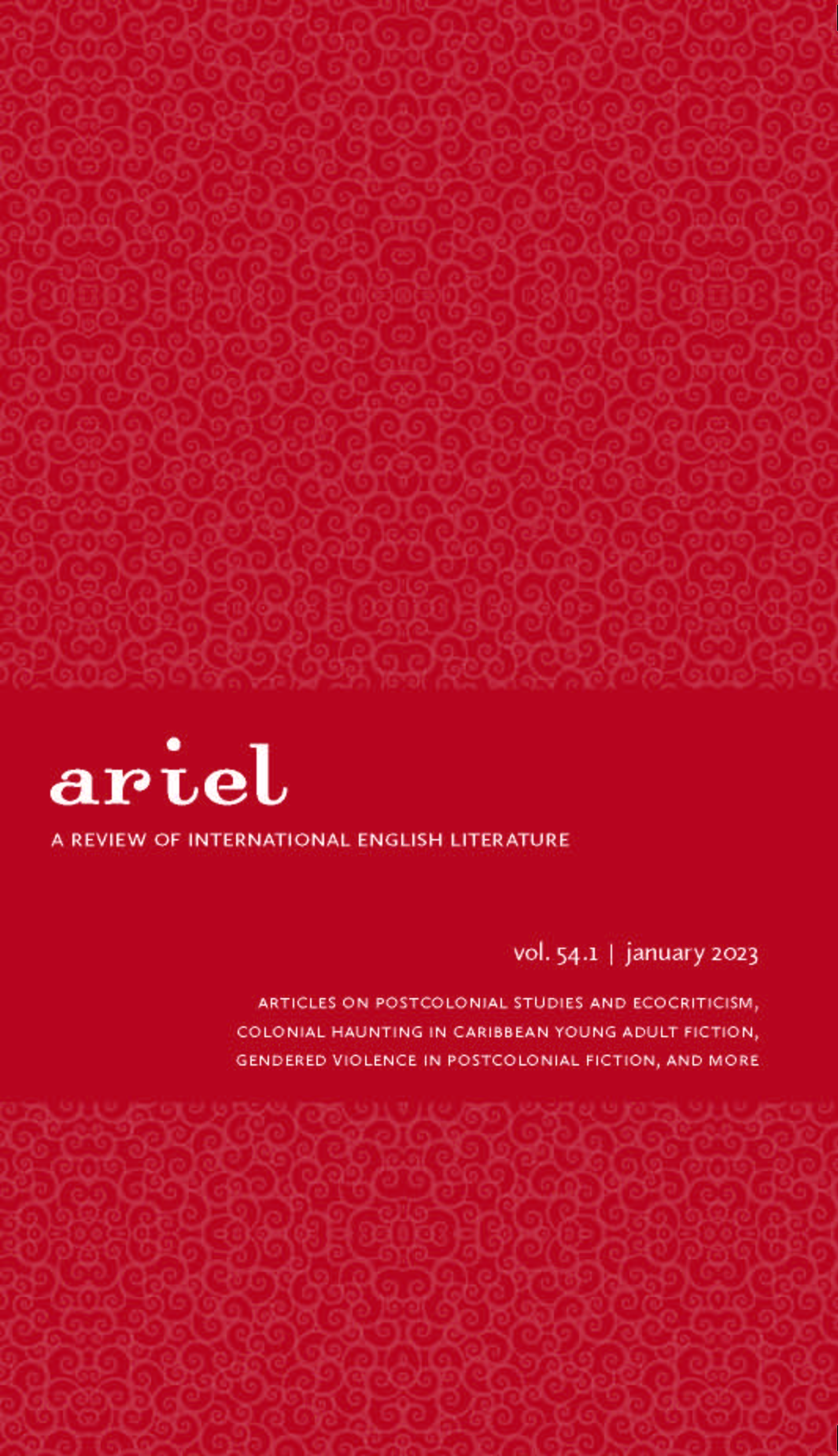Recovering May Price: A Longitudinal Reading of Amitav Ghosh’s The Shadow Lines
Keywords:
Amitav Ghosh, The Shadow Lines, May Price, postcolonial literature, sexual violationAbstract
Amitav Ghosh’s novel The Shadow Lines (1988) continues to be a prominent example of South Asian postcolonial writing in English and also regularly features in postcolonial curricula. In this paper, I undertake a close reading and feminist analysis of one character, May Price, as she is constituted in the space of the narrative itself and in critical analyses of the novel. I argue that there is discernible lacuna in criticism about her role(s) and characterization. More pertinently, in these analyses, her identity as a foreign woman sexually violated by the Indian protagonists (Tridib/the narrator) has mostly gone unnoticed or, when touched upon, is problematically couched in the vocabulary of romantic love and consent. The narrative space of the text itself, constituted through its patriarchal narrator-character’s focalization and through authorial choices, allows the character no agency to protest these violations, and offers no space for redressal or any sustained reactive expression of opposition. Rather, through hasty resolutions, absolute forgiveness, and belated consent as presented through May Price’s words and actions, these violations are seemingly turned into seductions, exonerating the assaulters entirely. I aim to highlight that narratives such as The Shadow Lines and attendant critical reflections often choose to examine questions of nation, identity, and memory, which are undoubtedly significant, at the expense of the representation and agency of women. In order to address this gap, gendered power dynamics need to be made central and not peripheral to postcolonial scholarship and discussion.


